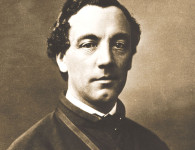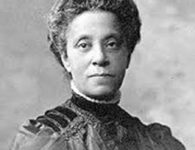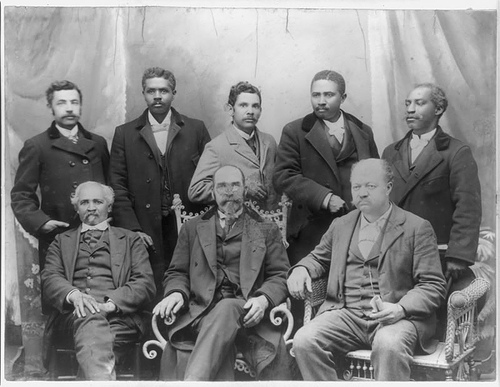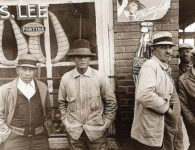Between 1877 and 1900, the status of African-Americans was being socially redefined. Impoverished black children in the South were living in deplorable conditions. Children were excluded from any type of meaningful and structured governmental care aside from in-home services that was being offered to former slave families by a few pre-Civil War private orphanages. These orphanages were established by the short-lived Freedman’s Bureau.
The child-saving activities of the mid-nineteenth through the early twentieth centuries led to the establishment of industrial schools and other institutions primarily for the care of poor white immigrant children who were dependent, abused, neglected, or delinquent. For the most part, black children were not the focus of this early crusade for children.
A large number of children under age 15 were jailed which began generating community concern. As segregation customs and laws persisted, young dependent african american children were either jailed or sent to reform schools even when not delinquent because communities were slow to respond to the need for home finding and family foster care services for african american children.
In the beginning of the twentieth century, voluntary associations founded by black women began to confront the unmet needs of black children and youths. Kindergartens, day nurseries, and schools for dependent and delinquent African American children were developed in response to the racial uplift mandates emanating from the philosophy of the National Association of Colored Women.



















No comments